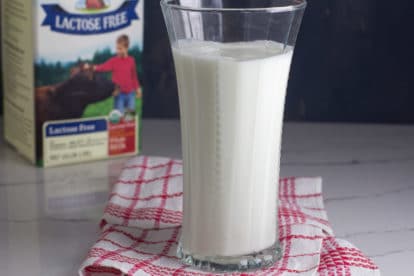Imagine tossing your egg yolk into the trash, feeling virtuous—only to learn you just threw away the healthiest part.
Health advice flips so often it’s dizzying. One minute, coffee is a villain; the next, it’s a superfood. Eggs are bad, then they’re good again. It’s enough to make you want to give up and just eat the donut. But what if I told you that the confusion isn’t about the food or the habit itself, but about one simple, powerful idea?
In simple terms, anything can be harmful if you have too much of it—even essential things like water or oxygen. And on the flip side, many things we’ve been told are “bad” can actually be incredibly beneficial in the right amount.
So, let’s cut through the noise. Here are 13 supposedly “unhealthy” things that science says can actually be good for you, as long as you get the dose just right.
Your morning coffee is doing more than just waking you up

That daily cup of joe you feel a little guilty about? Don’t. It turns out, it’s one of the healthiest habits you can have. Habitual coffee drinkers consistently show a lower risk of premature death from all causes. We’re talking about a reduced risk for major illnesses like type 2 diabetes, Parkinson’s disease, liver disease, and even some cancers.
But here’s the real game-changer: it’s not just that you drink it, but when. A groundbreaking study found that adults who drank their coffee before noon were 16% less likely to die from any cause and a whopping 31% less likely to die from cardiovascular disease compared to non-drinkers.
Why the morning magic? Researchers believe it’s because caffeine in the morning is less likely to mess with your sleep, and its anti-inflammatory effects are strongest when your body’s inflammation levels naturally peak.
Just remember what Dr. Sudhir Kumar, a senior neurologist, advises: skip the sugar, syrups, and heavy creams. Those extras can cancel out the benefits by adding empty calories and unhealthy fats.
That evening glass of red wine might be helping your heart
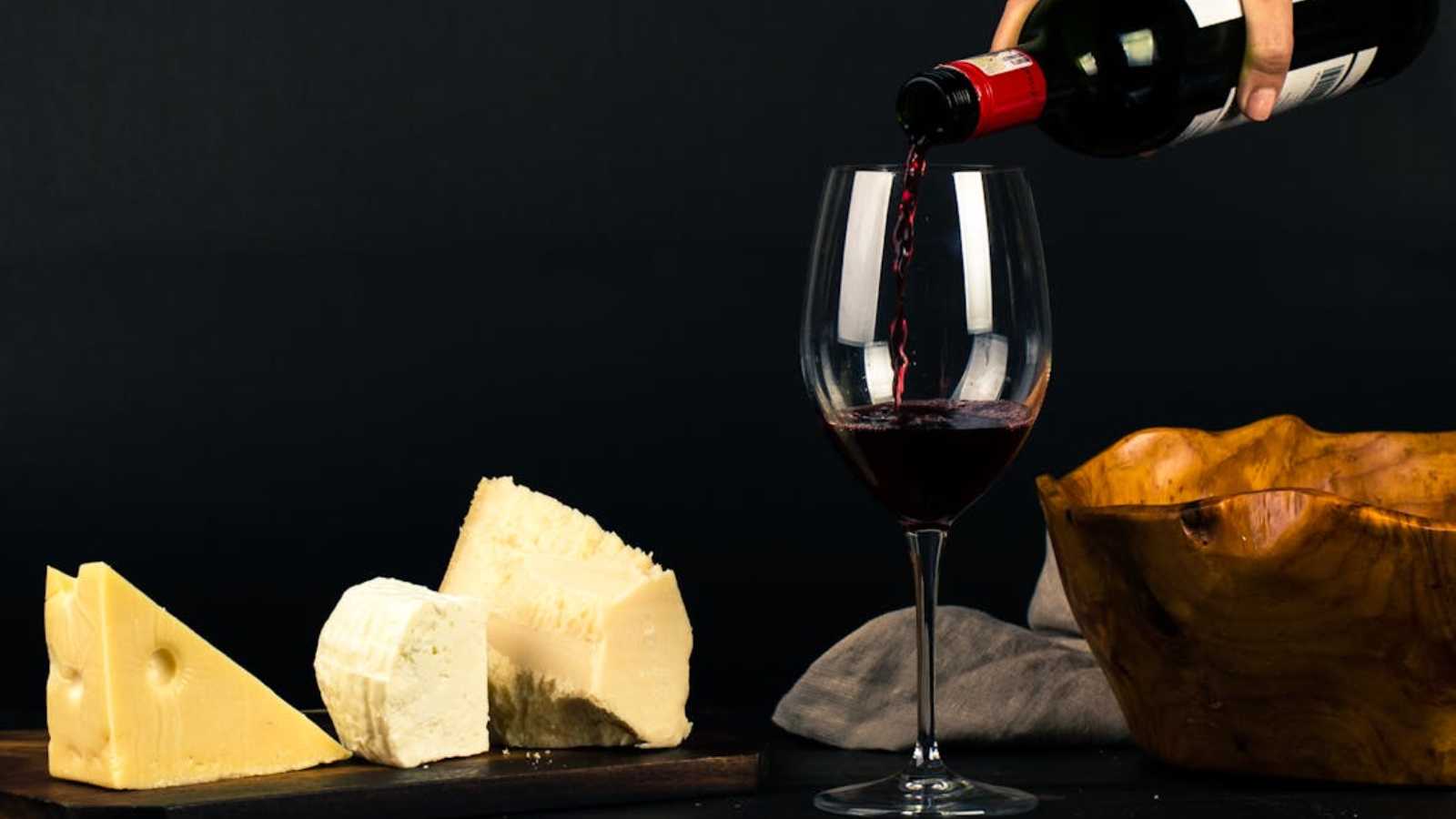
You’ve probably heard of the “French Paradox“—how French people eat rich, fatty foods but have low rates of heart disease. Well, many experts credit their regular, moderate consumption of red wine.
Red wine is packed with powerful antioxidants called polyphenols, especially resveratrol and proanthocyanidins. These compounds are believed to protect your cells, fight inflammation, and support your heart.
But moderation is everything. The relationship between wine and heart health follows what scientists call a “J-shaped curve.” People who drink about one 5-ounce glass a day see the most benefit. Any more than that, and the risk of heart disease starts to climb dramatically.
So, stick to the official guidelines: up to one glass a day for women and up to two for men.
Indulging in dark chocolate isn’t just a guilty pleasure

Good news for chocolate lovers. That rich, dark square you crave is actually healthy food in disguise. The secret is in the cocoa solids. Dark chocolate (the 50-90% cocoa kind) contains 2 to 3 times more flavanols—a powerful plant compound—than milk chocolate.
These flavanols are amazing for your circulation. They help your body produce nitric oxide, a gas that relaxes blood vessels, improves blood flow, and can lower blood pressure. Just look at the Kuna Indians of Panama. They drink more than five cups of flavanol-rich cocoa daily and have incredibly low rates of high blood pressure, heart disease, and diabetes.
Flavanols have also been shown to improve your body’s sensitivity to insulin, which could reduce your risk of developing diabetes down the line. The catch? Dark chocolate is high in calories, about 150-170 per ounce. To get the benefits without the downside, stick to about one ounce—or 1-2 small squares—a day.
You should absolutely be eating the egg yolk
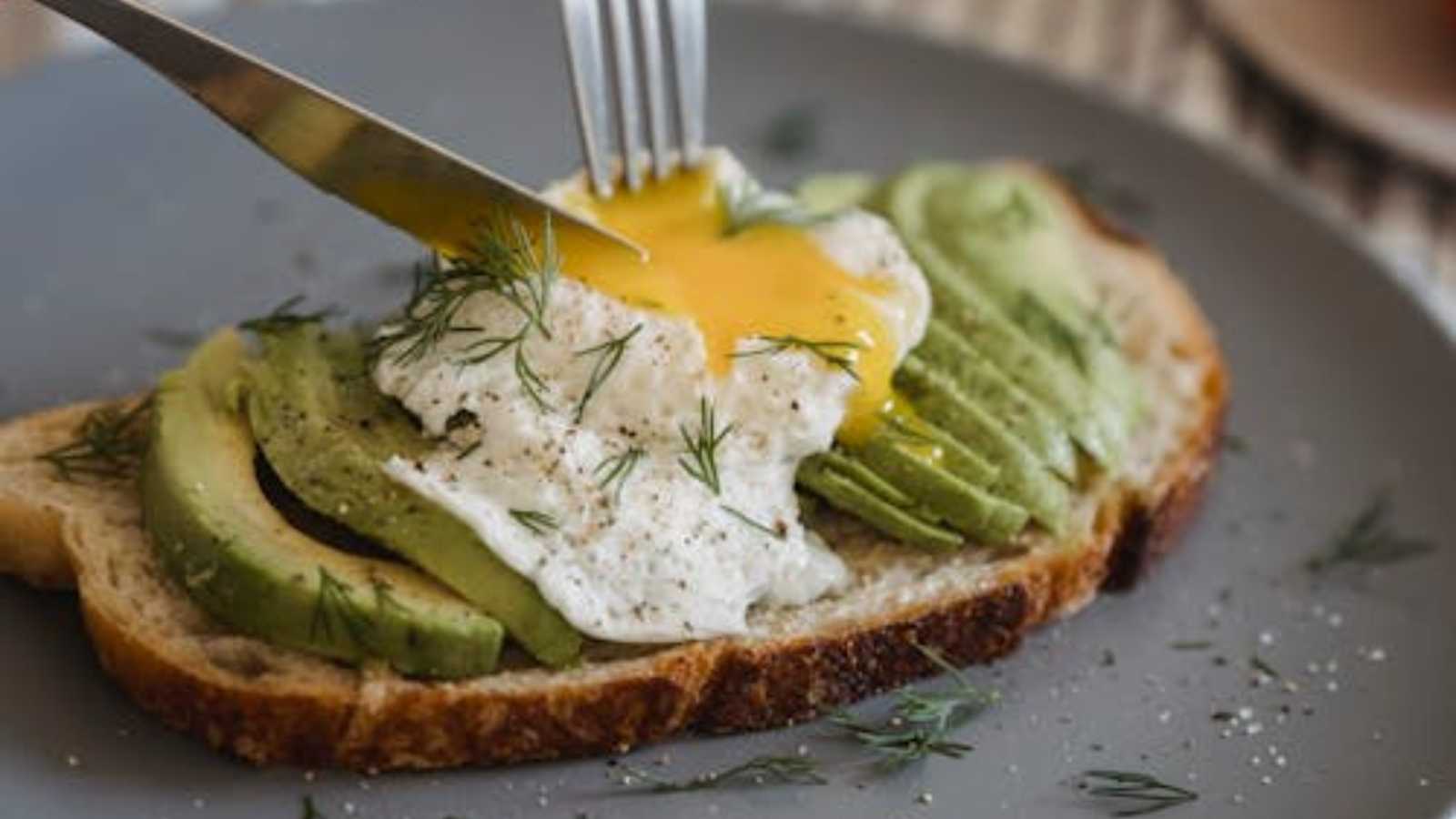
For decades, we were told to fear the yolk because of cholesterol. We dutifully ordered egg-white omelets, tossing out the most nutritious part of the egg. It turns out that was a huge mistake. The yolk is a nutritional powerhouse. It’s where you’ll find most of the egg’s vitamins A, D, E, and K, plus folate and iron. In fact, just two eggs can provide 82% of your daily vitamin D needs.
And that cholesterol fear? It’s been thoroughly debunked. For most of us, the cholesterol we eat has very little impact on the cholesterol in our blood. The real culprits for high cholesterol are saturated and trans fats. In fact, recent Australian research found that when people ate 2 eggs a day as part of a healthy diet, their levels of “bad” LDL cholesterol actually went down.
Plus, egg yolks are loaded with antioxidants like lutein and zeaxanthin, which are essential for protecting your eyes from age-related diseases.
Potatoes are not the enemy carb you think they are

Potatoes have been unfairly demonized in the low-carb craze. But a plain potato is actually a nutrient-dense vegetable. A single medium baked potato (with the skin on!) is loaded with potassium, provides about 4 grams of fiber, and gives you 20% of your daily vitamin C and nearly a third of your daily vitamin B6.
The problem isn’t the potato; it’s what we do to it. Frying them in oil or smothering them in butter and sour cream is what turns them into a health hazard. Here’s a cool trick: let your potatoes cool down after cooking. This process creates something called “resistant starch,” which your body can’t digest.
Instead, it travels to your gut and acts as a prebiotic, feeding the good bacteria in your microbiome. So yes, that potato salad can actually be good for your gut health!
Your body actually needs a little salt
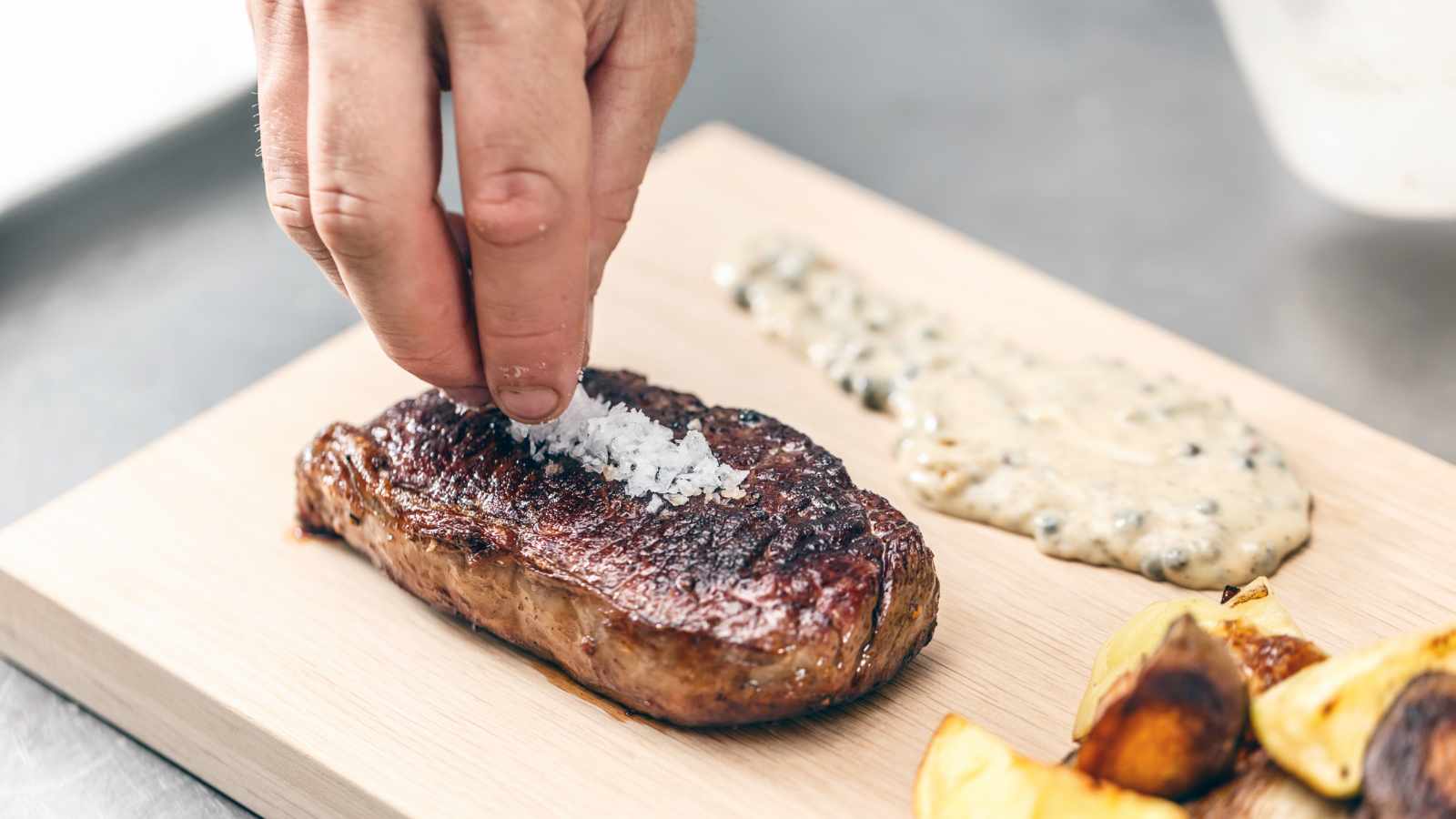
We’ve been so conditioned to fear salt that we forget it’s an essential nutrient. Your body literally cannot function without it. You need a small amount of sodium—about 500 mg a day—for vital functions like conducting nerve impulses and contracting your muscles.
The war on salt has made us think that less is always better, but that’s not what the science shows. Recent research points to a “sweet spot.” Risk actually goes up at both very high and very low levels of intake. The key is balance. The ratio of sodium to potassium is what really matters for blood pressure. A diet high in potassium can help counteract the effects of sodium.
Also, not all salt is created equal. Because of its larger crystal size, a teaspoon of coarse kosher salt can have significantly less sodium than a teaspoon of fine table salt.
Getting some sun is one of the best things you can do

In our quest to prevent skin cancer, we’ve become a little too good at avoiding the sun. But sensible, moderate sun exposure is absolutely vital for your health. Sunlight is our main source for producing vitamin D, a vital hormone for bone health, immune function, and maybe even cancer prevention.
So how much do you need? There’s no single answer. It’s a highly personal “prescription” that depends on where you live, the season, the time of day, and your skin tone. A study found that in the summer, a light-skinned person only needs about 8-10 minutes of midday sun on their face and arms to get their daily dose. But in the winter, that same person might need close to two hours. Someone with darker skin will need even more time.
The goal is to find your “Goldilocks zone“: enough sun to make vitamin D, but not so much that you burn. And the good news? Your body can store vitamin D for months, so you don’t have to stress about getting it perfect every single day.
Skipping a workout can make you stronger

If you’re the type who feels guilty for taking a day off from the gym, it’s time to change your mindset. Rest days aren’t lazy—they’re when the real magic happens. As physiotherapist Jordane Zammit Tabona says, “Muscle is developed in its ‘repair phase’, when you’re resting and refueling.”
When you exercise, you create tiny microscopic tears in your muscles. It’s during your rest days that your body repairs these tears, building the muscle back stronger than before. Skipping rest is one of the fastest ways to get injured or hit a plateau. It can also mess with your hormones by keeping stress hormones like cortisol constantly elevated, which can disrupt sleep and even encourage fat storage.
For best results, try “active recovery.” Instead of sitting on the couch, go for a light walk, do some gentle stretching, or take a yoga class. This helps get blood flowing to your muscles to speed up repair without adding more stress.
A little bit of gossip is good for your social life

Gossip has a terrible reputation, but social scientists will tell you it’s one of the most important tools we have for building and maintaining our social world. Think of it less as malicious rumor-mongering and more as “social grooming.” When you share information with someone, you’re building a bond of trust and intimacy. You’re figuring out if you share the same values.
As social neuroscientist and assistant professor of psychology, Eshin Jolly explains, “Gossip is a tool that we have developed. It’s not necessarily a bad thing… because it can be helpful.” In one fascinating study, volunteers played an online game where they had to decide whether to cooperate or act selfishly.
The researchers found that when players were allowed to gossip with each other about the other players, the whole group became more cooperative and ended up making more money.
Gossip is how we learn the unwritten rules of our social groups and figure out who we can trust. It’s a fundamental part of being human.
Playing video games can seriously sharpen your brain

That video game habit might be making you smarter. A growing body of research shows that gaming is a powerful workout for your brain. Gamers consistently outperform non-gamers on tests of attention, working memory, mental flexibility, and problem-solving.
The benefits seem to hold up as we age, too. According to the National Institute on Aging, gaming could be a valuable tool to help fight age-related cognitive decline. Unlike passive entertainment like watching TV, video games demand active engagement.
You’re constantly analyzing information, making split-second decisions, and adapting to new challenges—all of which build stronger, faster neural pathways.
A cold beer has some surprising health perks
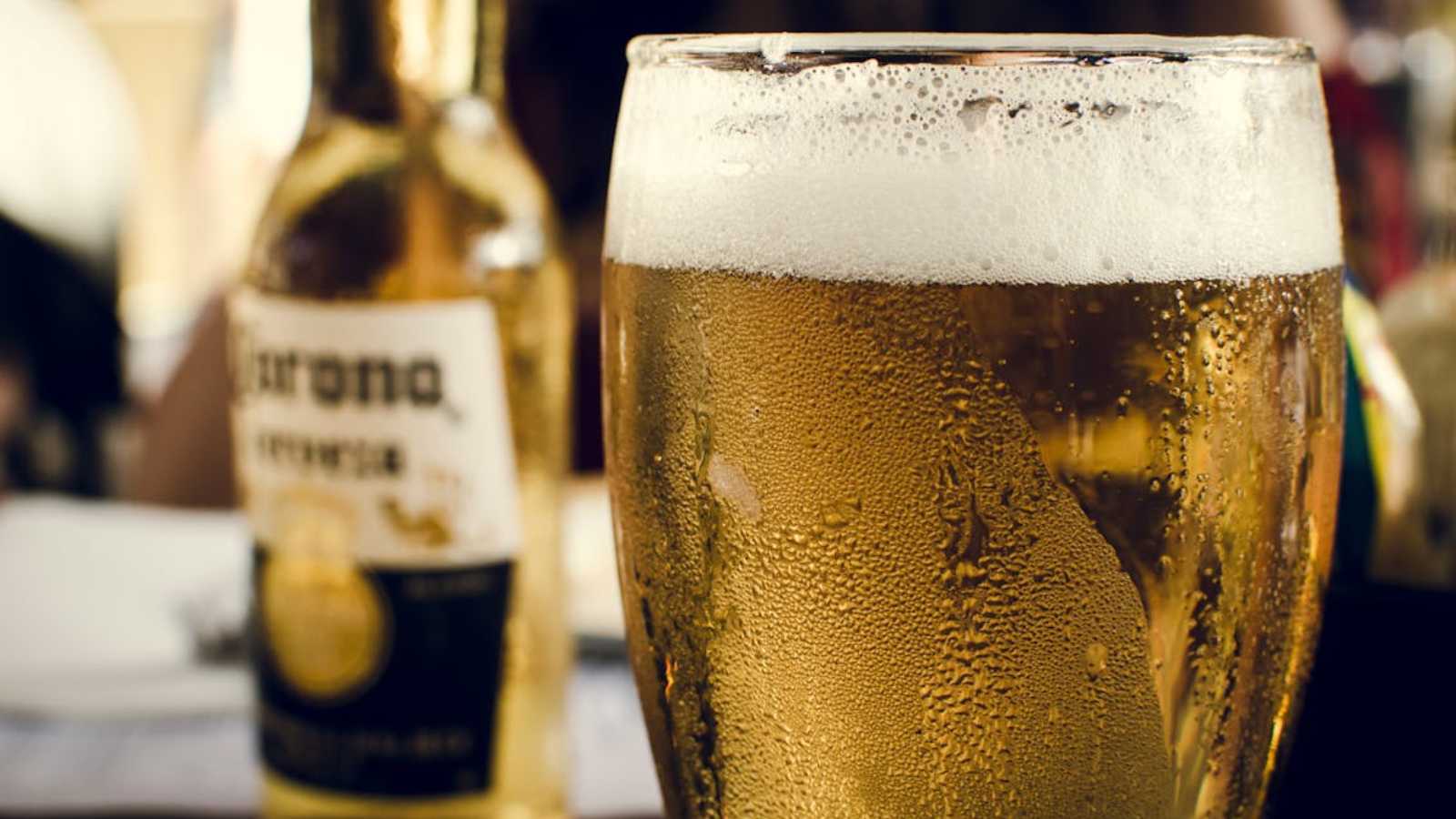
Wine tends to get all the health glory, but beer has its own unique set of benefits. Several studies have found that moderate beer consumption (one a day for women, two for men) may be just as effective as wine at lowering your risk for heart disease.
But beer also brings some different things to the table. It’s a source of B vitamins, protein, and folate. Most uniquely, beer is one of the best dietary sources of silicon, a mineral that’s important for bone health. One large study of older adults published in Osteoporosis International found that moderate beer drinkers had a 20% lower risk of a hip fracture compared to non-drinkers.
And if you’re worried about kidney stones, a 1999 study found that each bottle of beer consumed per day was estimated to reduce a man’s risk by 40%.
Taking a nap in the middle of the day is a power move

That afternoon slump is real. And fighting it with another cup of coffee isn’t always the best move. The scientifically proven best solution? A short nap. Napping is a productivity superpower. It’s proven to reduce tiredness, improve your mood, boost alertness, and sharpen your memory and reaction time. But there’s a trick to it. The perfect nap is all about timing.
The ideal duration is between 20 and 30 minutes. This is long enough to get the restorative benefits but short enough to avoid “sleep inertia“—that groggy, foggy feeling you get when you wake up from a deep sleep.
So next time you feel your focus fading after lunch, don’t just push through it. Find a quiet spot, set an alarm for 25 minutes, and take a power nap. Your brain will thank you.
Fidgeting might be your secret weapon for focus and fitness
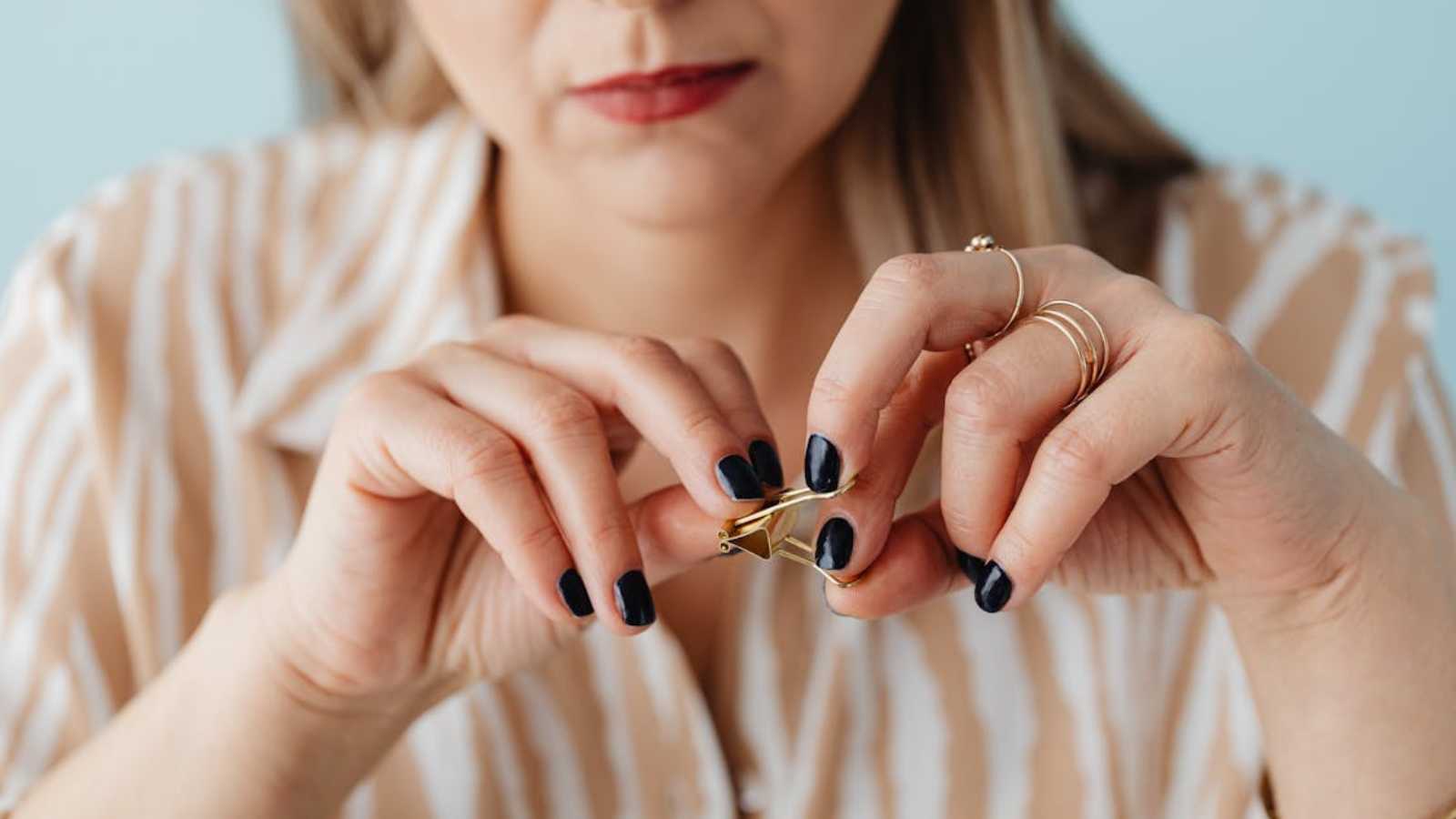
Were you always told to “sit still” as a kid? It turns out that the advice was probably wrong. Those little restless movements are actually your brain’s way of keeping itself alert and focused. Fidgeting can increase levels of the neurotransmitters dopamine and norepinephrine, much like ADHD medications do, which helps sharpen focus.
Research has shown that for people with ADHD, more fidgeting is directly linked to better performance on cognitive tasks. But it’s not just about focus. All that tapping, wiggling, and pacing is a form of what scientists call Non-Exercise Activity Thermogenesis (NEAT), and it can have a huge impact on your metabolism.
Studies show that fidgeting while seated can increase your energy expenditure by 54% compared to sitting still. Over the course of a day, this can add up to burning an extra 350 calories or more.
So go ahead, tap your foot, click your pen, and pace while you’re on the phone. It’s not a nervous habit—it’s your body’s built-in tool for staying sharp and lean.
Key takeaway

The line between “healthy” and “unhealthy” is rarely as clear as we’re led to believe. More often than not, the real difference comes down to the dose, the context, and the preparation.
Health isn’t about strict rules and deprivation; it’s about making smarter, more informed choices that allow you to enjoy the things you love in a way that benefits your body and mind.
Disclaimer – This list is solely the author’s opinion based on research and publicly available information. It is not intended to be professional advice.
Like our content? Be sure to follow us.



